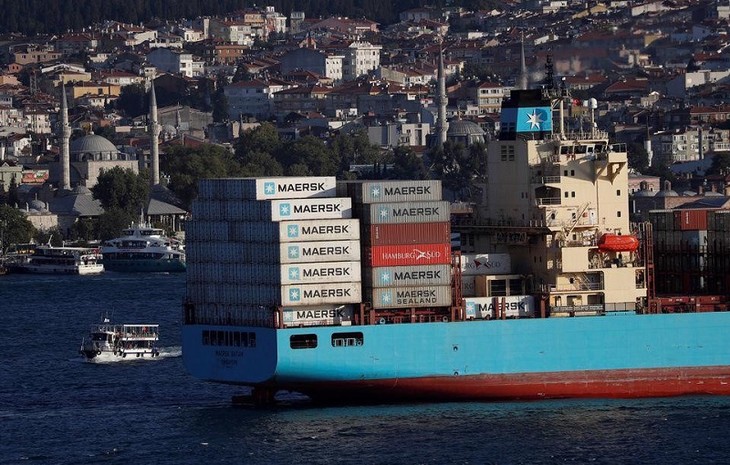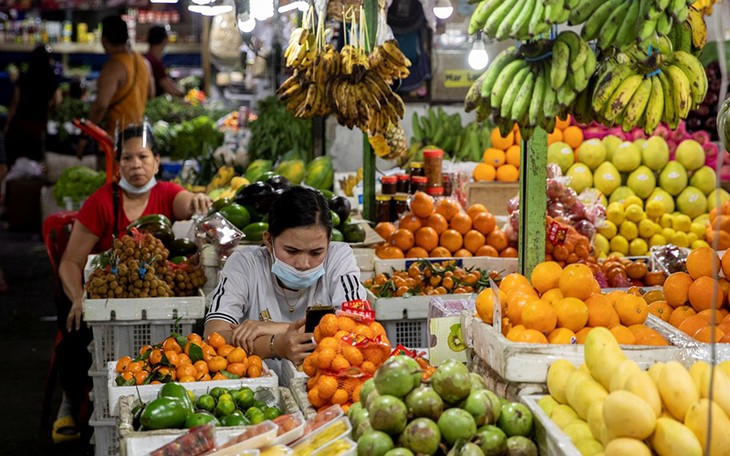(VOVWORLD) - Due to rising inflation many economies are at risk of slower growth or even recession. Most major economies have rolled out drastic response plans.
 WB lowers global economic growth projection (Photo: Reuters) WB lowers global economic growth projection (Photo: Reuters) |
In its report on global economic prospects last week, the World Bank warned of a global economic downturn due to inflation. Factors negatively affecting the global economy include the conflict in Ukraine, the continuing lockdown against COVID-19 in China, the disruption of global supply chains and rising prices. The World Bank lowered its growth projection for the global economy in 2022 to 2.9%, much lower than the projection of 5.7% last year and 4,1% earlier this year.
Responses
Many countries have activated strong response measures including raising interest rates. The European Central Bank announced it will increase interest rates early next month, its first rate hike since 2011 which also ended a period of looser monetary policies. The Bank said it will raise the cost of borrowing by 25 basis points in July and said a bigger hike could follow in September "if the medium-term inflation outlook persists or deteriorates."
Eurozone inflation hit an all-time high of 8.1% last month, 4 times higher than the ECB’s target of 2%. Last month 14 of 19 economies in the Eurozone recorded inflation of 8.1% or more which made the ECB cut its growth forecast from 3.7% to 2.8%.
The US, the UK and several other countries have made similar moves. The Fed announced it will raise interest rates, with the Federal Open Market Committee raising the rates from 0.25% to 1% on May 4. Since May 2000, the Fed had never raised interest rates more than 25 basis points at a time. The Fed expects to increase its rate on Wednesday another of 50 to 75 basis points.
Like many other major economies, the US faced a record high inflation of 8.6% last month, the highest since 1981. In a survey by the Deutsche Bank in May, 65% of investors say the US economy will likely fall into recession next year.
In addition to raising interest rates, countries are restructuring and reducing their investment and costs. Some developing countries, particularly in Asia, have restrained their exports, especially exports of essential goods and food to guard against recession.
 A market corner in Quezon, Philippines (Photo: Reuters) A market corner in Quezon, Philippines (Photo: Reuters) |
Prospects
The global economy is facing serious difficulties, but there is some evidence that it can still rely on certain platforms. China, the world’s second largest economy is seeing positive economic signs. China’s trade has increased 16.9% this year.
Problems in global supply chains have lessened and prices of semiconductors, fertilizers, and container transportation have fallen sharply this year.
Some experts say global inflation has peaked and the worst may be over. But many others warn that risks remain and every country needs to stay vigilant and prepare contingency plans now.